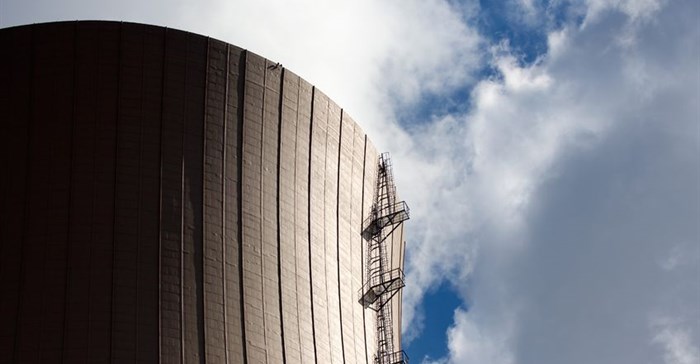
Speaking at a round table discussion hosted by the Institute for Security Studies, the Catholic Parliamentary Liaison Office and the Hanns Seidel Foundation in Cape Town, Trollip says that the Integrated Resource Plan (IRP) 2010-2030 makes provision for procuring 9.6GW of nuclear power.
"The big question is do we really need almost 10GW of power? The minister says we need a nuclear baseload, but that's rubbish," he says.
Trollip explains that the government's supposition is based on the rapid growth in the mining industry - first in gold and then in coal - from 1950 to 2000, which indicated that - should it continue - there would be a need for more electricity in the long term. However this projected growth has never materialised, so the original resource plan therefore overestimated future demand.
In addition, when a 2013 report revised the country's economic outlook based on the National Development Plan, it suggested that demand projections (and economic growth) indicate that no new nuclear or baseload capacity is required until 2025. There are also alternative sources of more affordable power available, such as regional hydro-electrical schemes, he says.
Arguments that regional cooperation for electricity supply brings with it its own set of problems are not insurmountable, Trollip points out that Cahora Bassa hydro scheme continued to provide power to South Africa even in the midst of the Mozambique civil war.
Regardless of the evidence, the government seems determined to proceed with an outdated plan, and has also promised that the last of the six proposed plants will be on stream by the IRP deadline of 2030.
Trollip says that nuclear plants take seven to 10 years to complete, and even in countries where new facilities are being built, most of them are running behind schedule for completion.
The top-end figure bandied about for the nuclear procurement programme is R1.3tn, although the SA Nuclear Energy Board has said in the past that this figure is "unfounded". Regardless of the cost, there is no clarity on how it will be funded.
Then there are the concerns among various lobby groups about the transparency of the procurement process, especially in light of information that has emerged about corruption in the Arms Deal.
But the process is steaming ahead. Several agreements have already been signed with various nuclear vendor countries, and the Treasury has allocated fundS towards training programmes for engineers.
"We have not seen in the public domain any documentation giving reasons for the programme. So why the huge commitment when it is not immediately necessary? There don't seem to be any compelling transparent reasons advanced for a South African nuclear procurement programme," says Trollip.
All things considered, is a nuclear procurement programme necessary? That is the trillion rand question.
